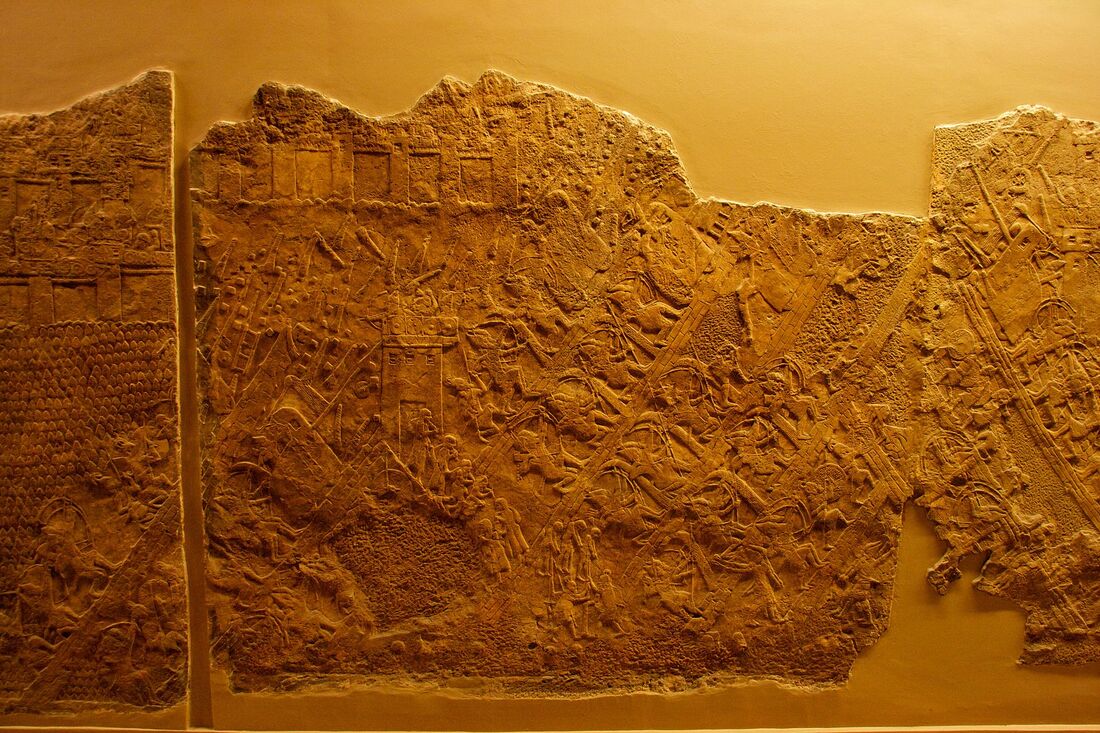
Biblical archaeology has long captivated the imagination of scholars, historians, and believers alike. It offers a glimpse into the ancient world and provides tangible evidence of the events, people, and cultures described in the Bible. Through painstaking excavations and meticulous research, archaeologists have unearthed a treasure trove of ancient artifacts that shed light on the biblical narrative and enrich our understanding of the past.
One of the most remarkable aspects of biblical archaeology is the discovery of ancient manuscripts and inscriptions. These written artifacts provide valuable insights into the languages, customs, and beliefs of ancient civilizations. Among the most significant finds is the Dead Sea Scrolls, a collection of Jewish texts dating back to the Second Temple period. Discovered in the mid-20th century near the Dead Sea, these scrolls contain biblical texts, as well as sectarian writings and other literary works. The Dead Sea Scrolls have revolutionized our understanding of the development of the Hebrew Bible and have corroborated the accuracy of biblical texts over centuries.
Another remarkable discovery is the Tel Dan Stele, an ancient inscription found in northern Israel. This inscription, dating to the 9th century BCE, contains references to the House of David, providing the earliest extra-biblical evidence of King David’s existence. The Tel Dan Stele is a powerful confirmation of the historical reality behind biblical accounts and serves as a testament to the rich historical tapestry of the Bible.
Beyond inscriptions, archaeologists have uncovered numerous artifacts that provide insights into daily life in biblical times. Excavations in ancient cities such as Jerusalem, Jericho, and Megiddo have yielded pottery, jewelry, tools, and architectural remains that allow us to reconstruct the material culture of the biblical world. For example, the discovery of the Ketef Hinnom amulets, tiny silver scrolls containing ancient Hebrew texts, has provided valuable information about religious beliefs and practices in ancient Judah.
Archaeology has also revealed stunning architectural wonders mentioned in the Bible. The ruins of the ancient city of Babylon in present-day Iraq stand as a testament to the grandeur and power of the Babylonian Empire. The magnificent temples, palaces, and the iconic Ishtar Gate evoke the splendor described in the biblical accounts. Similarly, the ancient city of Petra in Jordan, renowned for its elaborate rock-cut architecture, reveals the engineering prowess and artistic ingenuity of the Nabateans, a people mentioned in the Bible.
Moreover, the discovery of ancient cities and structures mentioned in the Bible has provided valuable historical and geographical context. Excavations in ancient Capernaum, a Galilean town where Jesus taught and performed miracles, have unearthed a synagogue and domestic buildings, giving us a glimpse into the everyday life of the community during the time of Jesus. The city of Jericho, famously associated with the Israelites’ conquest under Joshua’s leadership, has revealed layers of settlement dating back thousands of years, offering insights into the city’s long history.
Biblical archaeology is an ongoing field of study, and new discoveries continue to illuminate our understanding of the ancient world. Excavations in ancient sites, advancements in scientific techniques, and interdisciplinary research approaches contribute to unraveling the mysteries of the past. These discoveries not only enrich our knowledge of biblical history but also deepen our appreciation for the cultural, religious, and social complexities of the civilizations that shaped the biblical narrative.
It is important to note that biblical archaeology does not seek to prove or disprove religious beliefs. Instead, it aims to provide historical and archaeological context to the biblical texts and foster a greater understanding of the cultures and events described within them. The artifacts unearthed by archaeologists serve as tangible links to our shared human heritage, connecting us to the stories and experiences of our ancient ancestors.
The study of biblical archaeology is a testament to the intricate relationship between faith, history, and science. It encourages dialogue and exploration, inviting scholars, believers, and enthusiasts to engage in a deeper understanding of the biblical world. The discoveries made in this field serve as bridges connecting the past to the present, fostering a greater appreciation for the complexities of human civilization and the enduring influence of ancient cultures.
Furthermore, the impact of biblical archaeology extends beyond academic circles. The excavation sites, museums, and exhibitions that showcase these ancient artifacts provide a unique opportunity for people from all walks of life to encounter the wonders of the past firsthand. The tangible connection to biblical narratives through these artifacts creates a sense of awe and wonder, allowing individuals to engage with history in a personal and meaningful way.
The significance of biblical archaeology lies not only in the physical artifacts discovered but also in the stories they tell. Each artifact serves as a fragment of a larger puzzle, offering glimpses into the lives of ordinary people, the rise and fall of empires, and the cultural exchange that shaped the biblical world. Through these discoveries, we gain a deeper appreciation for the diverse tapestry of humanity and the shared experiences that transcend time and geography.
In conclusion,
the field of biblical archaeology continues to unveil the wonders of the ancient world, bringing to light the stories and artifacts that enrich our understanding of the biblical narrative. From ancient manuscripts and inscriptions to everyday objects and architectural marvels, these discoveries provide a tangible link to the past, allowing us to glimpse the lives of those who lived in biblical times. By exploring these artifacts and the sites where they are found, we embark on a journey of discovery, deepening our connection to history, faith, and the enduring legacy of our ancestors. Through biblical archaeology, we are reminded of the richness and complexity of our shared human heritage, inspiring us to explore, learn, and appreciate the wonders of the past.
